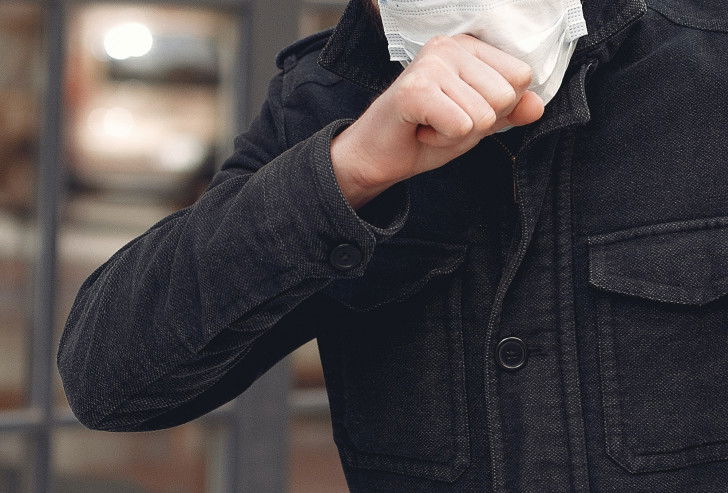America
Explained: What causes long Covid breathing problems

New York, March 21
Post Covid-19 breathing problems are caused by a condition known as lung fibrosis, when damaged lungs form scar tissue, which makes it difficult for lungs to expand and contract, according to researchers.
Researchers at Stanford University showed that overactivity of genes that regulate inflammation and immune responses leads to lung fibrosis.
Long Covid cases can be severely debilitating and resistant to treatment, said Gerlinde Wernig, Assistant Professor of pathology, at Stanford University.
What's worse, lung function can continue to decline, even without a new Covid-19 infection, Wernig said.
The finding published in the Proceedings of the National Academy of Sciences offers hope that, one day, targeted drugs could intervene to quell the genes behind the damage.
In the study, the team started by looking at lung tissue samples from five Covid-19 patients who had symptoms of the disease -- such as shortness of breath -- for one or more months. The lungs of people who had symptoms after infection with SARS-CoV-2 looked like the lungs of people with end-stage pulmonary fibrosis.
By analysing single cells from the patients' tissue samples, the scientists also saw similarities in the pattern of RNA production -- which can hint a cell's overall function -- between samples of tissue from long Covid patients and samples from patients with pulmonary fibrosis.
"We saw this same pattern across all human Covid lung samples," Wernig said.
As with other lung infections, the initial Covid-19 infection in the lungs kicked off an inflammatory process. In the case of long-Covid patients, however, the immune dysfunction keeps going long after the virus is gone -- similar to what happens in chronic pulmonary fibrosis.
To test whether lung fibrosis could be firmly connected to Covid infections, they looked at lung fibrosis in mice infected with a SARS-CoV-2-like virus and found significant increases in fibrosis and immune dysfunction.
"Innate immune cells go crazy after that infection," Wernig said, referring to the part of the immune system that forms the first line of defence against pathogens.
In a mouse model engineered to more closely represent human biology, researchers showed that, when the mice contracted SARS-CoV-2, scarring in the lung tissues shot up, as did levels of immune cells interleukin-6, CD47 and pJUN. There was also a bright side to these experiments.
"When we did the same experiments but blocked CD47 and Il-6, we saw very little fibrosis," Wernig said. "This hints at possible treatments for long Covid involving drugs that carry out targeted immune blockades."

8 minutes ago
When Sanjay Dutt spoke about the friendship of Sunil Dutt and Kishore Kumar

9 minutes ago
Bhumi Pednekar marks Guruji Nirmal Singh Maharaj’s birthday with devotion

11 minutes ago
Saira Banu honors Dilip Kumar’s legacy with emotional post on his death anniversary

13 minutes ago
Makers of 'Kantara' wish Rishab Shetty a divine and glorious birthday

14 minutes ago
A R Rahman roped in as music director of S J Suryah's 'Killer'

14 minutes ago
Vaani Kapoor shares how a new generation of actresses is shattering stereotypes through action roles

15 minutes ago
Kunwar Vikram Soni reveals how Lakshya’s role in ‘Kill’ inspired his action scene in ‘Vasudha’

17 minutes ago
LG Electronics Q2 operating profit down 46.6 pc due to rising tariff

18 minutes ago
Listed firms' market cap up sharply in Q2 on stock rally in S. Korea

20 minutes ago
US tariffs to now take effect from August 1 as trade talks intensify

21 minutes ago
US, Japan, Hong Kong drive 89 pc of Q2 foreign inflows in Indian real estate

22 minutes ago
EV charging operators in TN face higher power bills after tariff hike

23 minutes ago
India’s office real estate sector clocks robust growth in H1 2025, GCCs key driver
































